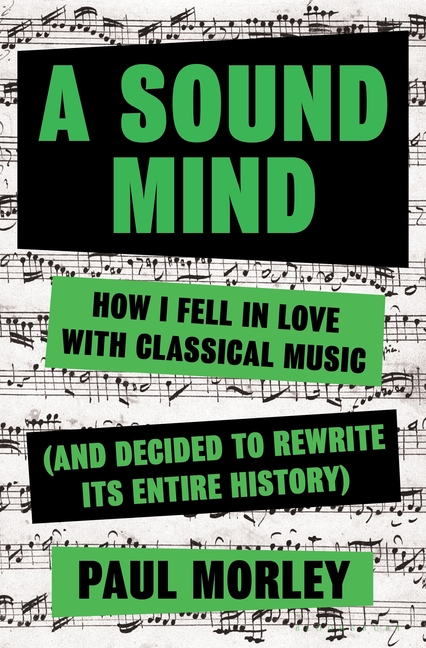... epic, endlessly digressive undertaking in which Paul Morley thinks about music for around 600 pages. Along the way, his thoughts roam freely through a whole range of tangentially related subjects including self-reinvention, memory, mortality, criticism, taste, embarrassment, modernity, nostalgia, genius, iconoclasm, the lingering presence of the pop cultural past and the floating, opaque nature of the pop cultural present. Pure Paul Morley, in fact ... there are chapters given over to now familiar Morleyesque themes, including personal playlists, which, though interesting in themselves, interrupt the narrative flow somewhat. As was the case with his previous book, The North (And Almost Everything in It), Morley’s exhaustive approach can sometimes be exhausting ... If, though, one surrenders to the shifting, drifting nature of the narrative, there is much here that is illuminating. An extended section called The String Quartet – in Four Parts works brilliantly ... Morley’s urge to democratise classical music is laudable but not entirely convincing ... I would have liked more about the huge shift of consciousness that is required of the listener who attempts to immerse him or herself, untutored, in the daunting intricacies of Stravinsky or Shostakovich after a lifetime of listening to Bob Dylan, Joni Mitchell and Miles Davis. From my experience, that has been a challenging and protracted journey akin to navigating an unknown landscape without a map ... This epic attempt to demystify classical music might have benefited from that kind of brevity of thought, but, for all its tangential wandering, it is a constantly surprising read. You may want to pace yourself, though.
Read Full Review >>

